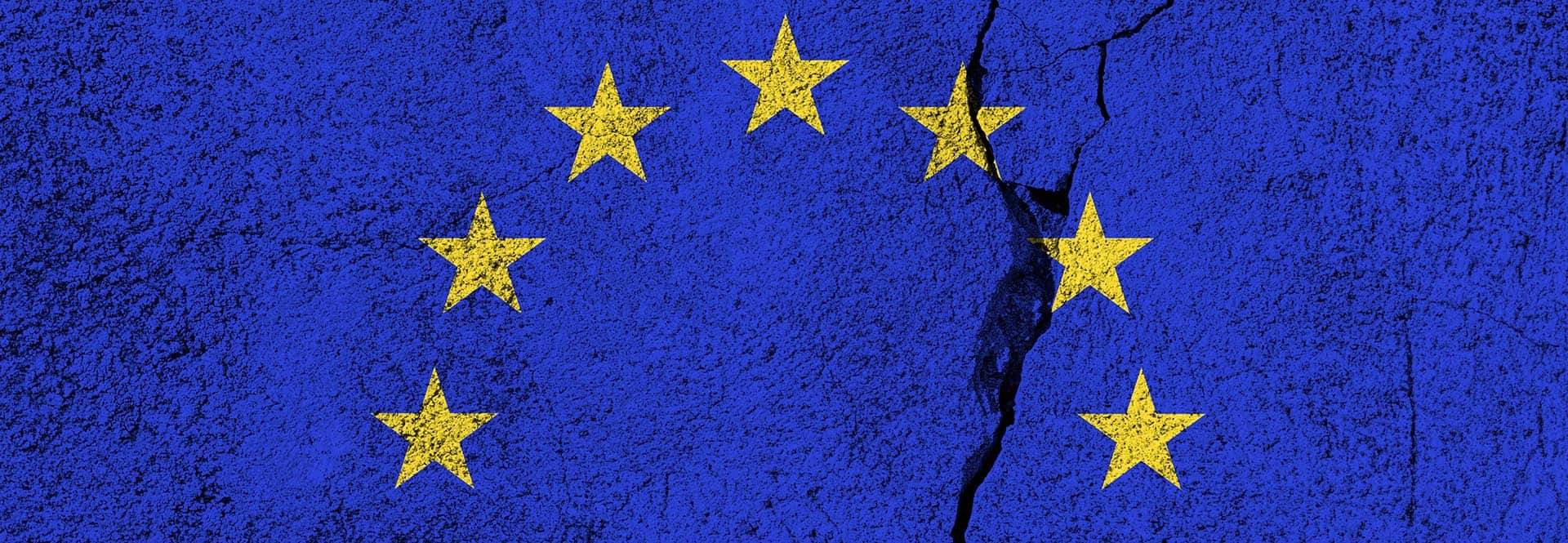IMPORTANT EU REPORT WITH CSH CONTRIBUTION RELEASED
On October 27, the EU Science Hub—the European Commission’s science and knowledge service—released a 170-pages report that aims to “help citizens, civil society and policymakers make sense of the impact the online world is having on our political decisions, and identify actions to safeguard a participatory, democratic European future,” as an accompanying text summarizes.
One of the leading authors of the report, called “Technology and Democracy: Understanding the Influence of Online Technologies on Political Behaviour and Decision-Making,” is Hub researcher David Garcia.
“When it comes to online media, we are like early societies that just founded cities,” explained David in an interview with the Austrian radio station Ö1. “They didn’t yet know that they would need fire departments, police or mayors. They only found out over time.” The same applies to the brave new world of social media who turned out to be more than challenging for societies and democratic institutions.
REPORT WILL INFLUENCE EU LEGISLATION
Europe is busy to find ways to protect its citicens as well as its institutions from unintended consequences of social media use. Several regulatory initiatives are currently being developed in Europe, including consumer protection rules to remove COVID-19 misinformation from Facebook or regulations for YouTube content.
The new report adopts a behavioral psychology perspective, arguing that social media change people’s political behavior.
“We identified and analyzed four major pressure points,” says David: the so called attention economy, choice architectures, algorithmic content curation, and mis- or disinformation. The report not only describes the problems involved, but also outlines ways to tackle them.
The report is written in a quite easy to comprehend way, with lots of examples. “We put a huge effort into making the text accessible to everyone,” says David, who has contributed to the chapters on attention economy, renegotiations of privacy and personalisation, or the architecture of social media platforms, amongst others. “This report is really a big deal for the Commission as it will directly influence EU law.”
Specific actions recommended by the paper include banning microtargeting for political ads, transparency rules so that users understand how an algorithm uses their data and to what effect, or requiring online platforms to provide reports to users showing when, how and which of their data is sold.
Find here the press realease, summarizing the report and its aims.
Click here to access the report.

